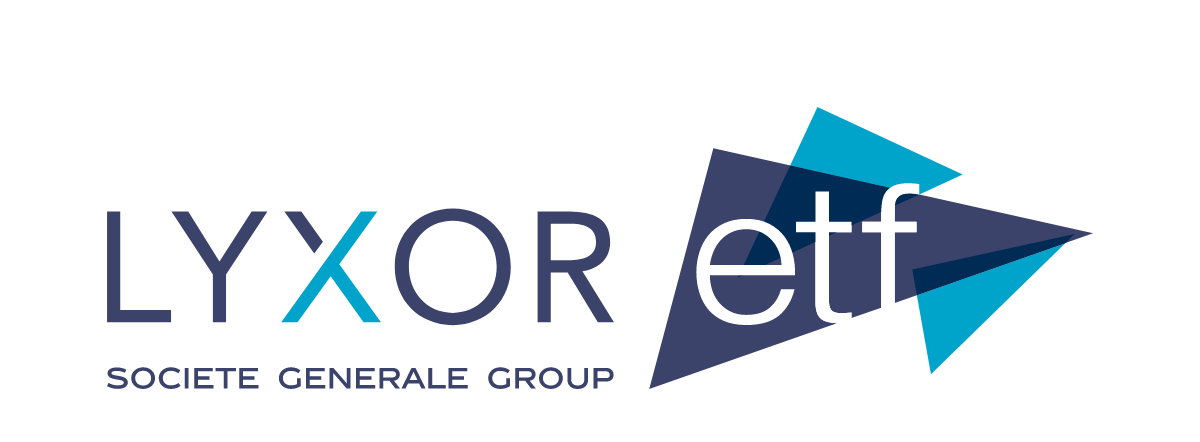Lyxor Asset Management has launched its own climate policy which will be the backbone for its responsible investment strategy going forward.
The policy is constructed of four pillars and measures the financial impact of the energy and environment transition which is affecting investment stakeholders who are having to adapt as the world shifts to a low-carbon economy.
Lyxor is actively pushing for the wider adoption of environmental, social and governance (ESG) by investors and has released a study recently saying ESG investors don't have to compromise on performance.
The four pillars that construct the policy include:
Divesting from coal. In Lyxor’s bid to comply with the Paris Agreement, a plan to keep global warming below two degrees by 2100, the asset manager is withdrawing from companies that are most exposed to the sector. This includes those that generate more that 10% of their turnover from coal mining or 30% of their electricity production deriving from coal.
Designing new solutions for climate transitions. Lyxor plans to launch more ESG products such as the Lyxor Green Bond ESG Screen UCITS ETF.
Acting as a committed and responsible shareholder. Lyxor plans to carry on its commitment to the United Nations-supported principles for responsible investment (PRI) and is implementing an engagement policy. This involves a clime change voting policy and entering into new partnerships with financial and non-financial groups fighting against climate change.
Assessing the climate-related risk of portfolios. Lyxor believes that it is vital to asses the climate risks of all it funds under management, beyond ESG risks. It has developed a methodology to reference measurable indicators on both the risks and opportunities that are associated with climate change in portfolios.
Florent Deixonne, head of SRI at Lyxor Asset Management, commented: “I am convinced that by focusing on the four pillars of constructive dialogue with issuers, innovative investment solution design, exclusionary policies and portfolios’ climate indicators, we are equipping ourselves to put investment at the service of the transition to a low-carbon world.”



